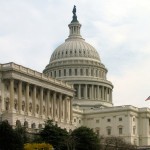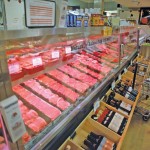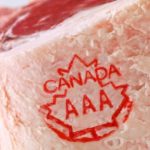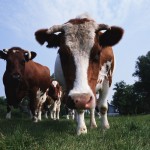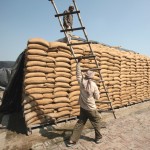While the House of Representatives has voted strongly to repeal the country-of-origin labelling program, the Senate and the Obama administration need to act quickly as well, warns Agriculture Minister Gerry Ritz. Otherwise Canada along with Mexico will be putting their case for retaliatory duties to a special meeting of the World Trade Organization Dispute Settlement



